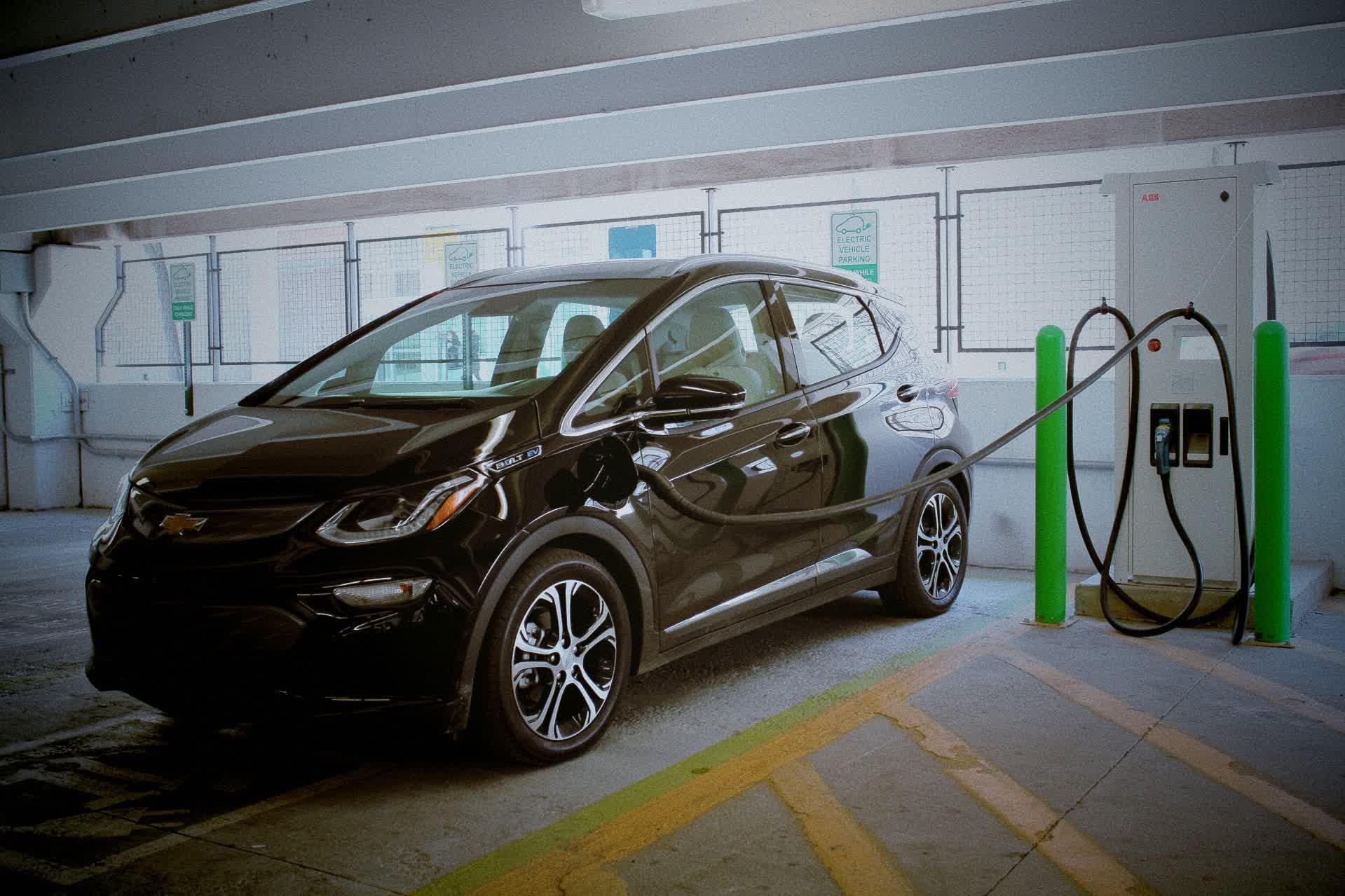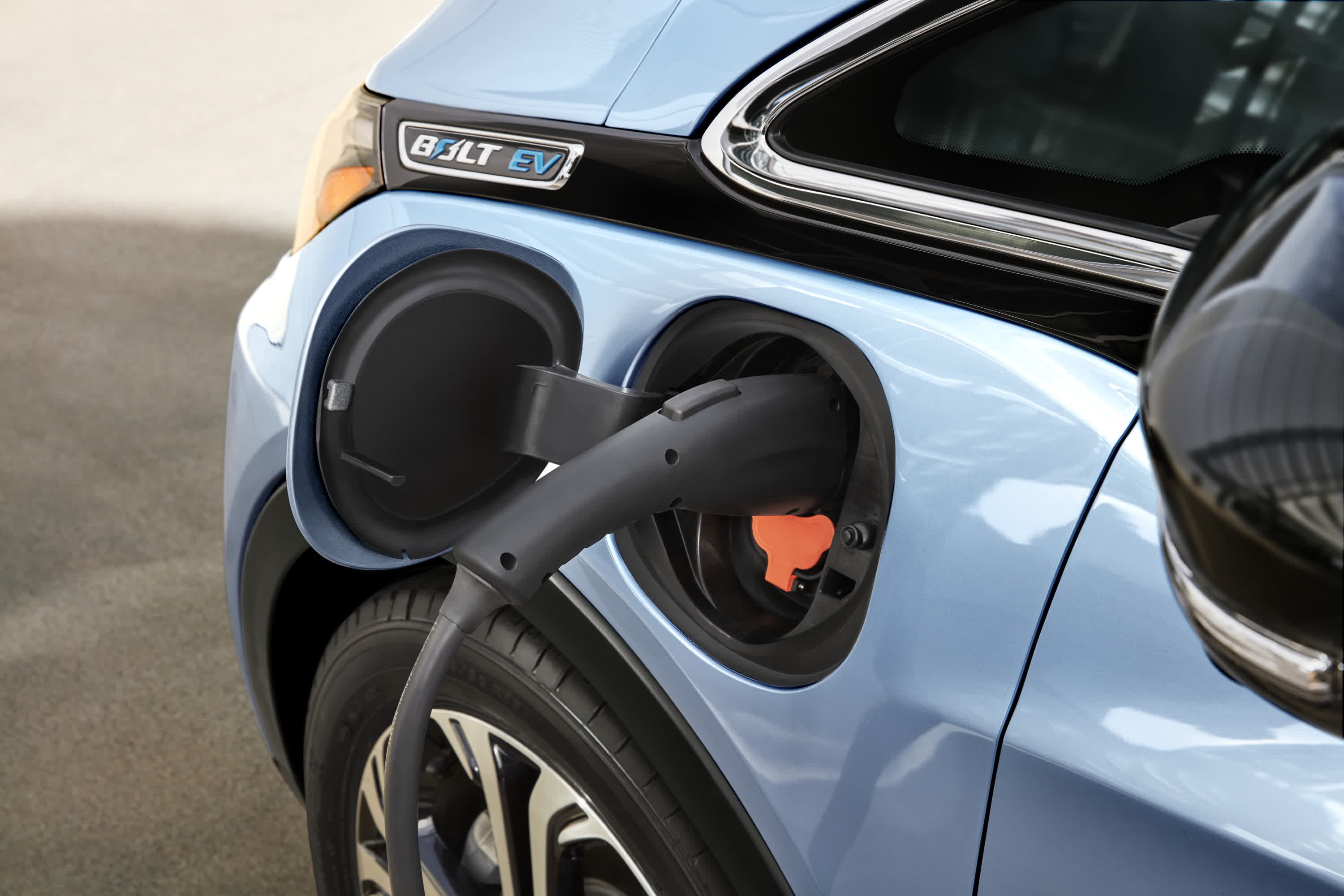A hot potato: Chevrolet has expanded the existing recall of Bolt electric vehicles (EVs) and electric utility vehicles (EUVs) to include the remainder of the 2019 Bolt lineup as well as all 2020 through 2022 models. A manufacturing defect discovered in specific battery cells prompted the recall, which have since been determined to be a cause of charging-related fires.

Chevy Bolt owners from 2017 to present day have been instructed to take several steps to ensure minimal risk of charging-related fire by an ongoing General Motors recall. According to the Office of Defects Investigation (ODI) of the National Highway Traffic Safety Administration (NHTSA), the current recall affects an estimated 77,842 Bolt vehicles.
GM is replacing the potentially defective lithium-ion batteries in the recalled models at no charge to vehicle owners. Chevrolet also recommends that affected Bolt owners take the following steps until any recall remediation can be performed:
- Set your vehicle to a 90 percent state of charge limitation using Hilltop Reserve mode (for 2017-2018 model years) or Target Charge Level (for 2019-2022 model year) mode. If you are unable to successfully make these changes, or do not feel comfortable making these changes, GM is asking you to visit your dealer to have these adjustments completed.
- Charge your vehicle more frequently and avoid depleting your battery below approximately 70 miles (113 kilometers) of remaining range, where possible.
- Park your vehicle outside immediately after charging and do not leave your vehicle charging indoors overnight.

Chevy Bolt EVs and EUVs rely on power provided by lithium-ion batteries rather than traditional internal combustion engines. These batteries, which are different from traditional lead-acid auto batteries, utilize the same technology employed by other EV manufacturers including Toyota and Tesla.
These other EV manufacturers have experienced their own electrical issues resulting in potential fire risks and bad press. In 2018 Toyota recalled more than a million EVs due to fire risks related to the wiring harness and power control unit in certain Prius models. Last month, a 3-day old Tesla Model S Plaid spontaneously combusted while the owner was driving. The cause of the fire remains unknown or has not been disclosed at this time.
Any Bolt owners requiring more information are encouraged to contact Chevrolet’s customer support team or their local Chevrolet EV dealer. A video providing instructions on adjusting the Bolt’s charge level can also be found on the Chevrolet’s Bolt recall page.
https://www.techspot.com/news/90891-chevy-expands-bolt-recall-instructs-owners-not-charge.html